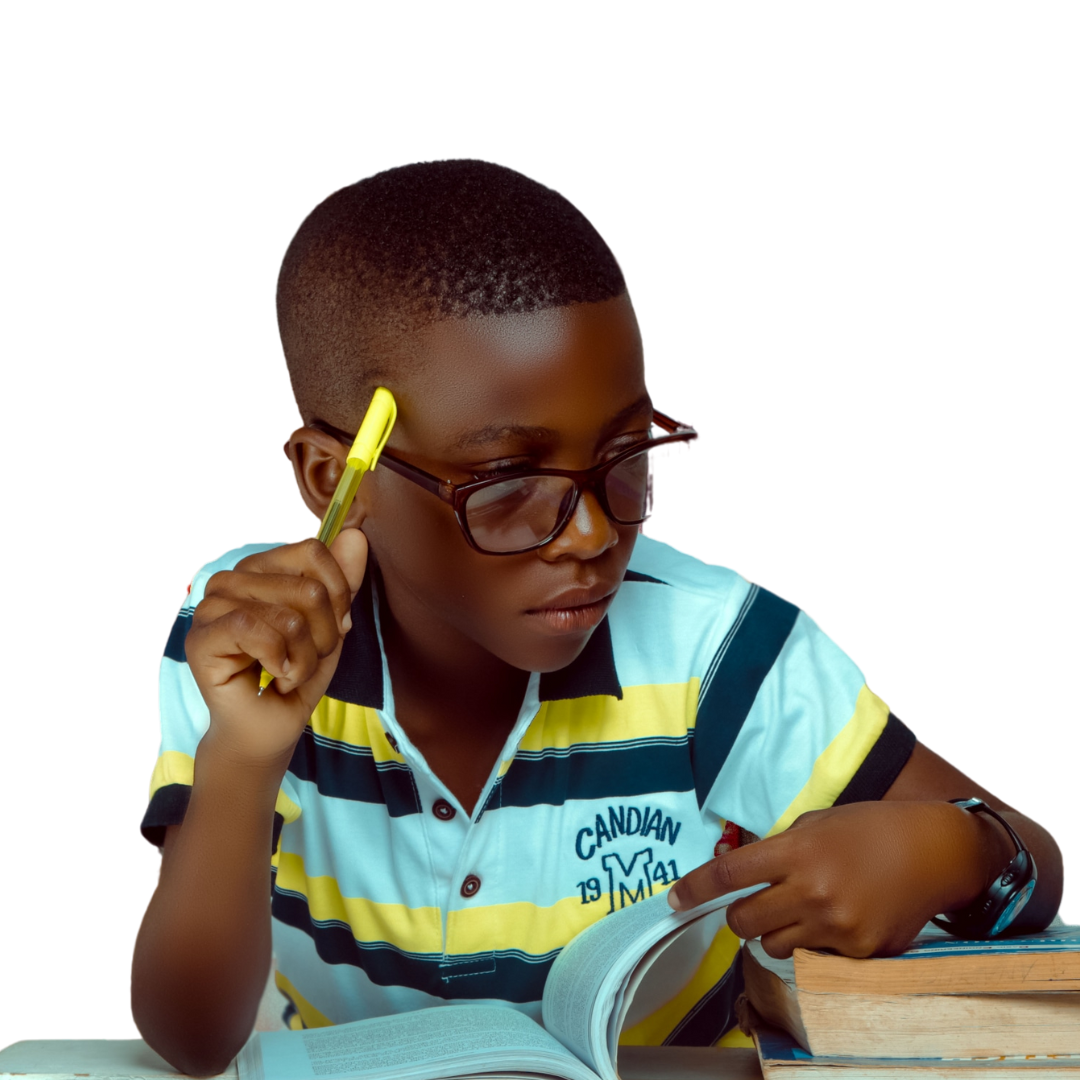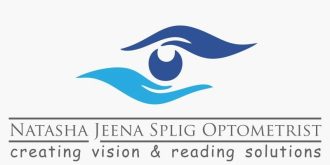BEHAVIOURAL OPTOMETRY Creating Vision & Reading Solutions
Behavioural optometry considers how our brain interprets what the eyes can see. It focuses on how vision affects daily activities, learning and overall development. Vision is more than being able to see 6/6. For children, it is particularly important because vision problems can impact reading, learning, or even how they play and move. Unlike regular eye exams that mainly investigate eyesight clarity (6/6 vision) behavioural optometrists focus on how vision affects learning, attention, and everyday activities. For example, if a child struggles with reading, has difficulty concentrating or sitting still, or appears clumsy a behavioural optometrist may assess whether the eyes and brain are working smoothly together. They may recommend specific exercises or glasses to help improve how the eyes function and support the child’s overall development.

Vision is essential in the realm of learning and development. When a child faces vision-related learning challenges, it can greatly hinder their capacity to process and comprehend information. This often results in difficulties with reading, writing, and overall academic achievement.
Natasha Jeena Spilg
Behavioural Optometrist

About ME
From Milestones Missed to Milestones Met: A Journey of Vision and Learning
Fast forward to today, 15 years later, she is a healthy, happy teenager who has met all her milestones. Did you know that 80-90% of learning passes through the visual pathway, and this involves much more than just having 6/6 vision? Reflecting on this journey fills me with immense joy and pride. Happy mom and daughter moment!
Seeing Isn’t Always Believing: The Reality of Vision Challenges
Signs Kids Need A Behavioural Eye Examination

Frequent eye-rubbing

Covering one eye

Short attention span

Avoiding activities

Reading difficulties

Frequent headaches

Tilting head to one side

Eyes turning in or out

Blurred vision

Losing track while reading


